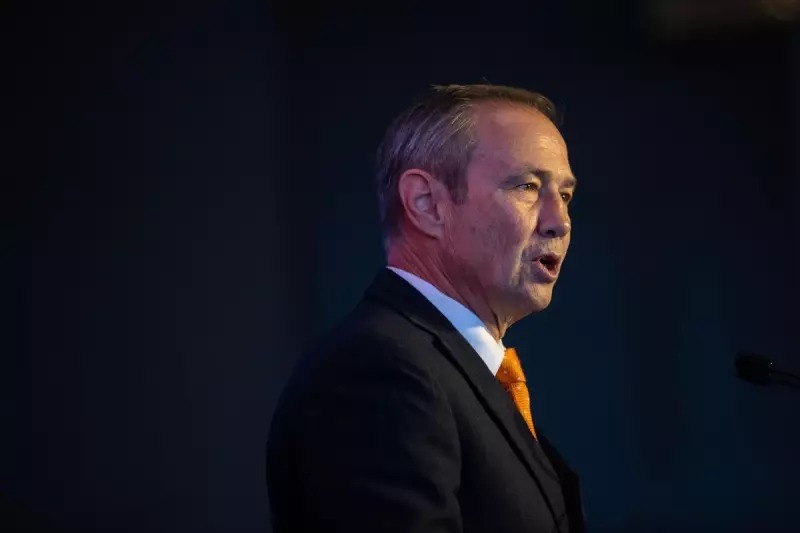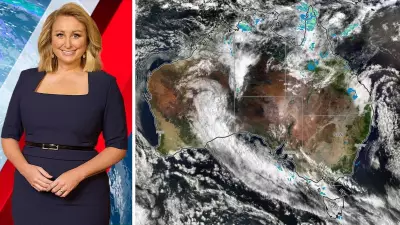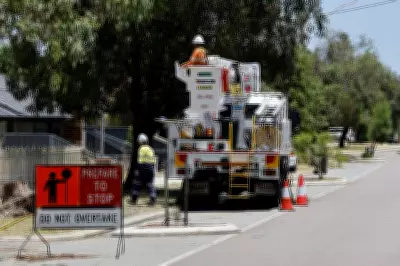
Western Australia's Premier Roger Cook has delivered his verdict on the Federal Government's environmental law overhaul, declaring it could have been better for industry but could have been a lot worse following Anthony Albanese's deal with the Greens.
Political Blame Game Intensifies
The WA Premier didn't hold back in his criticism of the Coalition, accusing them of letting down Australian industry by forcing the Albanese Government to negotiate with the Greens instead. Speaking at a business breakfast in Perth, Cook revealed his disappointment that the Liberal Party blocked amendments that local industry leaders had been pushing for.
There has been a missed opportunity and that missed opportunity was to do an agreement with the Liberal party to make sure this legislation, perhaps, had further reflected the concerns of industry, Mr Cook stated.
He went further in his political assessment, describing the Liberal Party as a dysfunctional rabble that had been marginalised, basically led by the nose by Pauline Hanson and Barnaby Joyce.
Key Details of the Environmental Deal
The environmental legislation agreement, revealed less than 20 hours after Cook publicly urged the Coalition to back the bill, includes several significant changes:
- Coal and gas projects excluded from fast-tracked approvals
- Establishment of a $300 million forestry fund
- 14-day limit on stop-work orders
- Clarification of the unacceptable impacts test
- Refined definition for the net gain environmental clause
Cook confirmed he spoke with Environment Minister Murray Watt on Wednesday night and announced that WA would be the first State to negotiate a bilateral agreement aimed at fast-tracking stalled projects.
Industry and Environmental Group Reactions
The response from various sectors has been mixed, reflecting the complex balancing act of environmental reform:
The Chamber of Minerals and Energy WA expressed ongoing concerns, with policy director Anita Logiudice noting that the real impact hinges on national standards and regulations that are yet to be written.
Meanwhile, the National Farmers Federation described itself as bitterly disappointed by the deal, particularly regarding closer controls of high risk land clearing and reduced regrowth thresholds.
In contrast, the Property Council of Australia welcomed the agreement as a win for business, a win for investment and a win for the environment, celebrating that large-scale housing projects would no longer languish in years-long approval queues.
Environmental groups remained critical, with Conservation Council WA Executive Director Matt Roberts arguing that we still have an EPBC Act which remains highly skewed towards industry.
Opposition Leader Sussan Ley escalated the political conflict, accusing Labor and the Greens of doing a dirty deal that would put energy prices up and provide further pressure on electricity bills to struggling households and families.
As the details continue to emerge, all eyes will be on how the implementation of these environmental law changes affects both industry and environmental outcomes across Australia.





